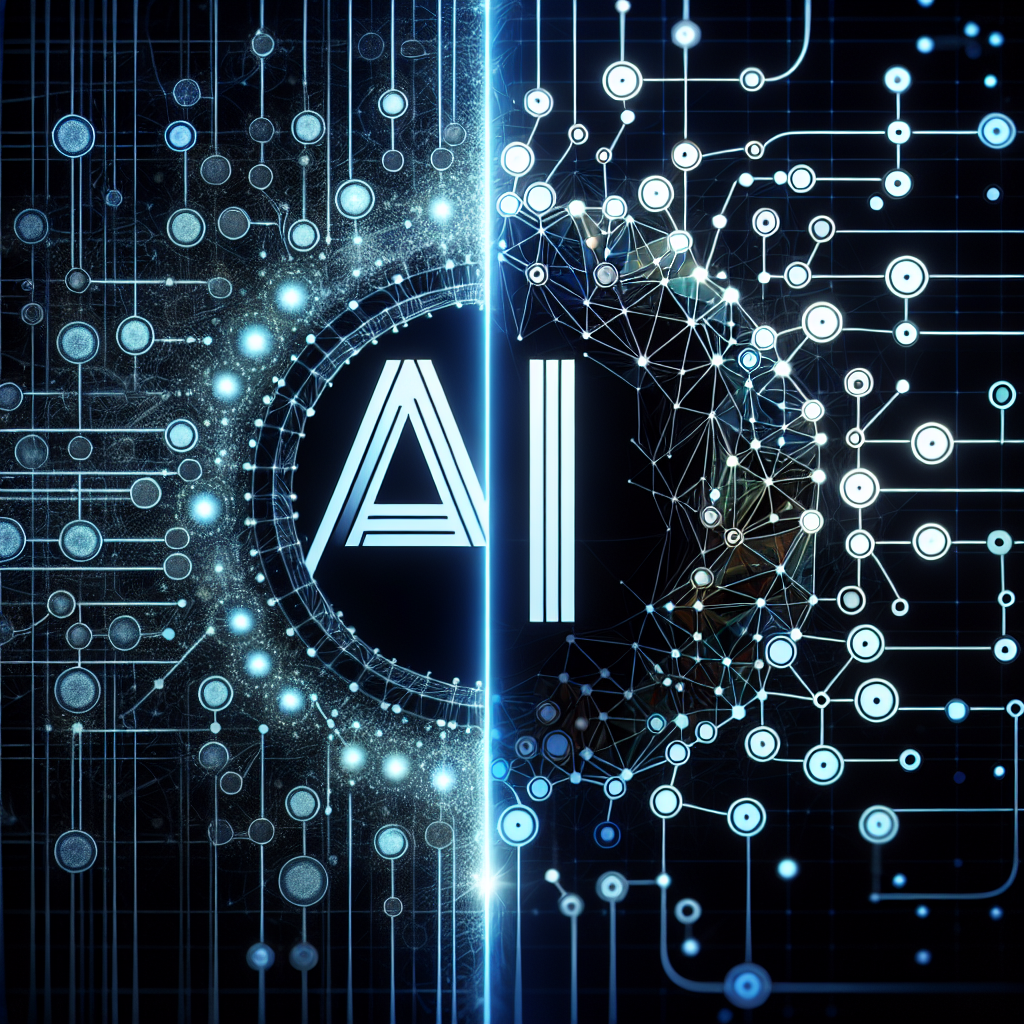Breaking Down AGI: What Sets it Apart from AI
Artificial General Intelligence (AGI) is a term that often gets thrown around in discussions about artificial intelligence (AI), but what exactly sets AGI apart from AI? In this article, we will delve into the differences between AI and AGI, and explore the unique capabilities and potential impact of AGI.
What is Artificial General Intelligence?
Artificial General Intelligence, often referred to as strong AI or full AI, is the concept of a machine that possesses the ability to understand, learn, and apply knowledge in a way that is indistinguishable from human intelligence. This includes the ability to reason, solve complex problems, adapt to new situations, and learn from experience.
Unlike narrow AI, which is designed for specific tasks or domains, AGI is intended to have a broad range of capabilities and be able to perform a wide variety of tasks with the same level of proficiency as a human. AGI is often seen as the holy grail of artificial intelligence, as it has the potential to revolutionize many aspects of society and industry.
What Sets AGI Apart from AI?
1. General vs. Narrow Capabilities
The most obvious difference between AGI and AI is the scope of their capabilities. While AI systems are designed for specific tasks or domains, AGI is intended to have a broad range of abilities and be able to perform a wide variety of tasks with the same level of proficiency as a human. This means that AGI is not limited to a specific set of tasks, but can adapt and learn new skills as needed.
2. Learning and Adaptation
Another key difference between AGI and AI is in their ability to learn and adapt. AI systems are typically trained on large datasets to perform specific tasks, and their performance is limited to the data they have been trained on. In contrast, AGI is designed to learn from experience, reason, and apply knowledge in new situations. This means that AGI has the potential to continually improve and adapt to new challenges, much like a human would.
3. Consciousness and Self-Awareness
One of the most debated aspects of AGI is the question of consciousness and self-awareness. While AI systems are purely reactive and do not possess consciousness or self-awareness, AGI is intended to have a level of awareness and self-reflection that is similar to human intelligence. This could have profound implications for how we interact with AGI systems and the ethical considerations surrounding their development.
4. Flexibility and Creativity
AGI is also expected to have a higher level of flexibility and creativity than AI systems. While AI is limited to the rules and parameters set by its creators, AGI has the potential to think outside the box, come up with novel solutions to problems, and even create new ideas and concepts. This could lead to breakthroughs in fields such as art, science, and technology that are beyond the capabilities of current AI systems.
FAQs about AGI
Q: How close are we to achieving AGI?
A: While significant progress has been made in the field of artificial intelligence, achieving AGI remains a challenging and complex task. It is difficult to predict when AGI will be realized, as there are many technical, ethical, and societal challenges that need to be addressed before AGI can become a reality.
Q: What are the potential benefits of AGI?
A: AGI has the potential to revolutionize many aspects of society and industry, including healthcare, transportation, finance, and entertainment. AGI could help solve some of the world’s most pressing challenges, improve efficiency and productivity, and enhance our quality of life.
Q: What are the risks of AGI?
A: While the benefits of AGI are vast, there are also significant risks associated with its development. These include concerns about job displacement, ethical dilemmas surrounding the use of AGI, and the potential for AGI to surpass human intelligence and pose a threat to humanity.
Q: How can we ensure the safe development of AGI?
A: To ensure the safe development of AGI, it is essential to implement robust ethical guidelines, regulations, and oversight mechanisms. This includes ensuring transparency in the development of AGI systems, addressing bias and discrimination in AI algorithms, and promoting the responsible use of AGI technologies.
In conclusion, AGI represents a significant leap forward in the field of artificial intelligence, with the potential to revolutionize many aspects of society and industry. While there are still many challenges to overcome before AGI becomes a reality, the possibilities and implications of AGI are truly exciting. It will be important for researchers, policymakers, and society as a whole to carefully consider the ethical, social, and economic implications of AGI as we move closer to achieving this transformative technology.

